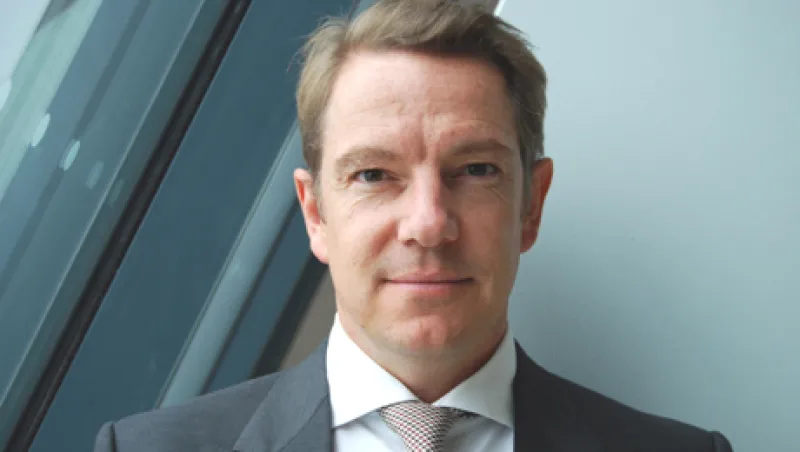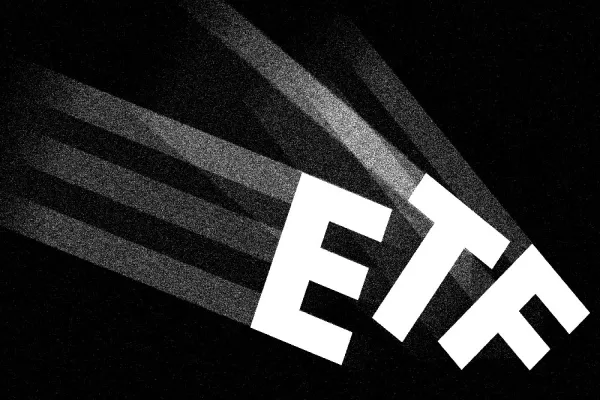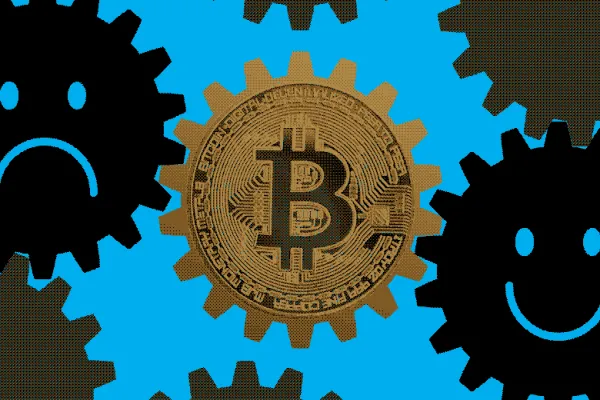Efforts to block the growing impact of high frequency trading are flaring up — and not just in the United States. Earlier last week CA Cheuvreux, an agency broker owned by Crédit Agricole Group, with offices in Paris and London, relaunched its internal, broker-crossing network as a multilateral trading facility (MTF) that will aim to provide both institutional and retail clients in Europe with what Peacock calls “clean, pure, unpolluted liquidity." Translation: no high frequency traders welcome. The relaunched venue — called Blink — is being marketed to Cheuvreux clients as facilitating larger size orders and effectively blocking out all high frequency traders, even though technically, an MTF is a regulated market that anyone can access. It will offer trading in 1,700 stocks — mostly small and midcap — spanning 14 of the region’s markets.
The move comes as high frequency trading now accounts for 53 percent of total equity trading in the U.S. and 37 percent of the notional value of equity trading in Europe, according to the latest TABB Group numbers. It also comes at a time when regulators, gearing up for European capital markets-related legislation, known as Mifid II, continue to show signs that they are trying to restrict and possibly force HFT out of the market, a move that TABB Group senior analyst Rebecca Healey, based in London, views as potentially backfiring. “If HFT firms are forced out, the efficiencies they have delivered may well disappear, and the European markets run the risk of becoming substantially less competitive. And it will become harder and more expensive to trade.”
Institutional Investor contributor Katherine Heires spoke with Ian Peacock, CA Cheuvreux’s global head of execution services in London, to understand why the firm felt the need to launch and actively market a “No HFT” trading venue and what he expects the future will hold for the effort.
1. So why did CA Cheuvreux decide to relaunch Blink this month and market it to your institutional trading clients as a venue that specifically shuns high frequency traders?
When we talk to our institutional clients, many do not see high frequency traders as a good or bad force on the market. But they do have anxiety about what sort of liquidity they may be interacting with in a dark pool, and they know that they do not want to interact with high frequency traders. In Europe, as a result of Mifid I, we now have mass fragmentation of markets and an increase in high frequency trading. While many clients are not sure about the ultimate impact of high frequency trading, they know that the growth of it has caused the average execution size of trades to fall greatly, and they don’t like that. If you are an institution with a big order to buy or sell, and there are no blocks in the market, it is much harder to get your big trade executed. And the biggest fear is that someone — perhaps a high frequency trader — will figure out what you are doing or try to game their trade, and this will impact the market price. That’s why we’ve launched Blink, to provide clean, unpolluted liquidity for our clients.
2. How high is the anxiety among traders in European markets regarding high frequency trading?
The TradeTech conference is in London this week and if you look at the agenda, they’ve carved out whole sections and special days just devoted to high frequency trading. Currently, our internal research shows that up to 60 percent of market activity today is not client orders, but can instead be attributed to high frequency trading, prop trading and liquidity that clients might not want to interact with. For institutional traders, this development has turned markets on their head. We know that many high frequency traders try to gain information in dark pools and profit from it, and our clients have anxiety about this trend.
3. Other broker-dealers — including Goldman Sachs, Nomura and UBS — have launched multilateral trading facilities of late. How will Blink distinguish itself from these other venues?
It is precisely the liquidity we have as a firm that differentiates us from other broker-dealers. We are one of the top ten broker-dealers in Europe, according to Greenwich Associates, and we are the largest independent agency broker. This means that all our flows come strictly from our clients — institutions and retail flow. We are also the largest small and midcap broker and Europe. And because we do no prop trading, and we are not prime brokers and don’t offer access to markets through our infrastructure, we do not attract high frequency traders and thus, don’t have the high frequency trading liquidity that other firms have. Our dark pool will be different from Goldman’s or UBS’s because of the liquidity we command as specialists in our sector of the market. It will be complimentary but different.
4. But if MTF’s are regulated and open to anyone, how will you keep HFT traders out?
When we transact on Blink, it will only be our client business as an agency broker that we will transact, and we are not putting any high frequency trading business onto Blink. In addition, with fees for trading at two basis points and no rebates, we do not have a pricing structure that will attract high frequency traders. This is significantly higher than what they can get at other venues. Clients will pay the standard rate for executions and research and if we get an execution in Blink, they will pay the same commission rate and will have the benefit of no market impact with their trade.
5. Do you expect to see other firms launching similar, dark pool services that aim to keep out high frequency traders?
Recently, it’s been reported that Chi-X aims to launch such a service as do others. There are a lot of entrepreneurs in this business and I think you will certainly see new launches of exchanges that try to block high frequency trading. But I would point out that to get an MTF approval is a 12-month process. It’s not immediate to launch a regulated, MTF market. And if you are a firm with no incumbent liquidity trying to do this, it is very difficult to come out with something and make it work. It’s a catch-22: How do you get the liquidity unless you’ve got it? We are not trying to get market share at any cost, and we do have clean, unpolluted liquidity.
Katherine Heires (mediakat@earthlink.net) is a freelance journalist and founder of MediaKat LLC.






